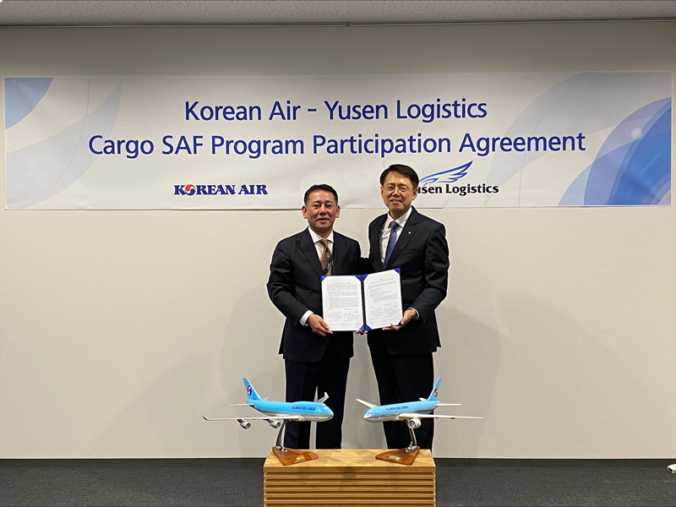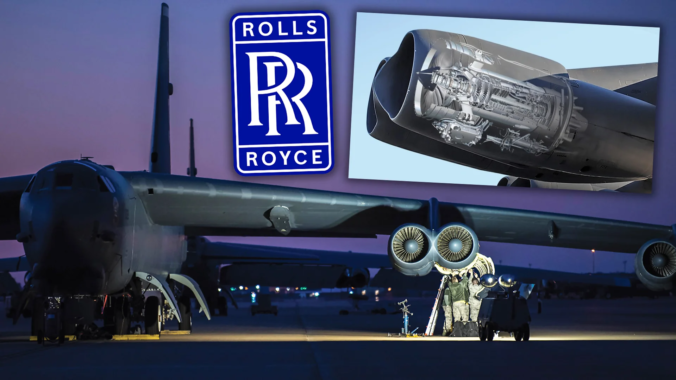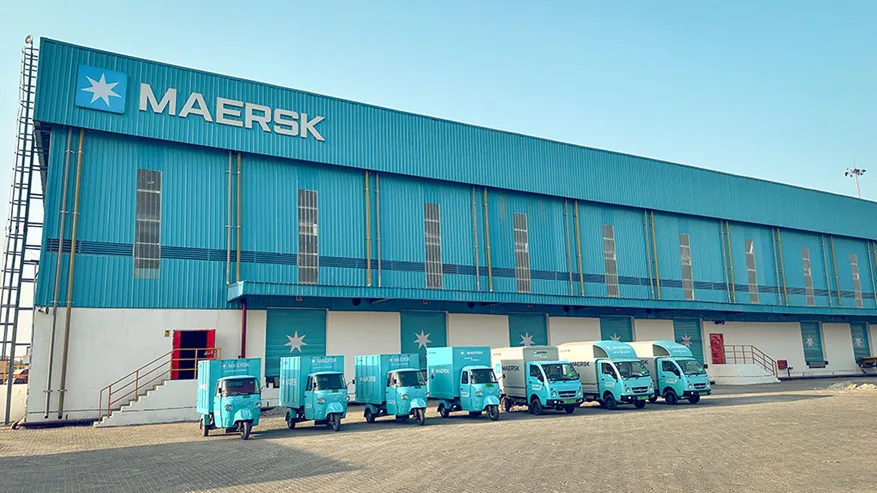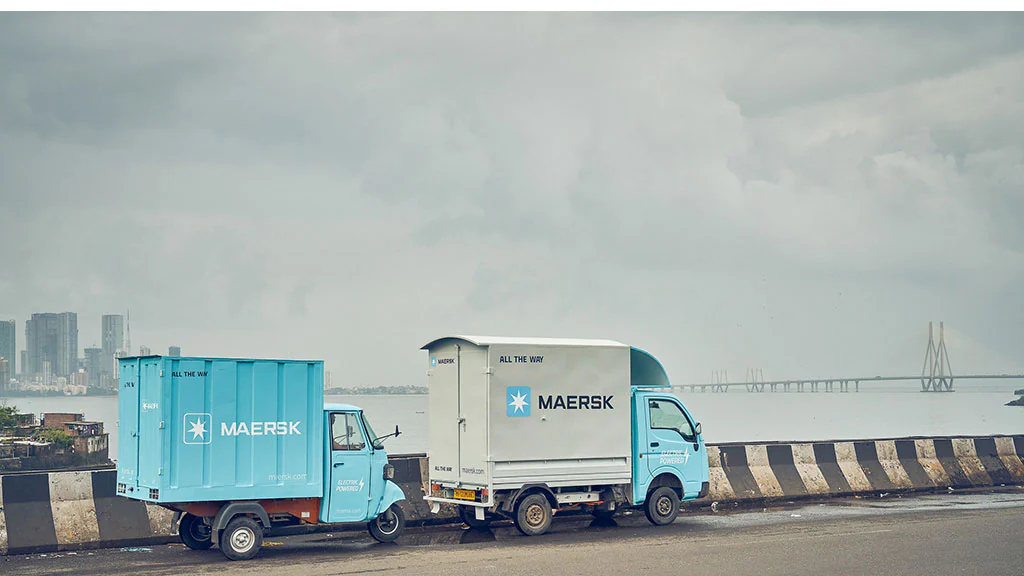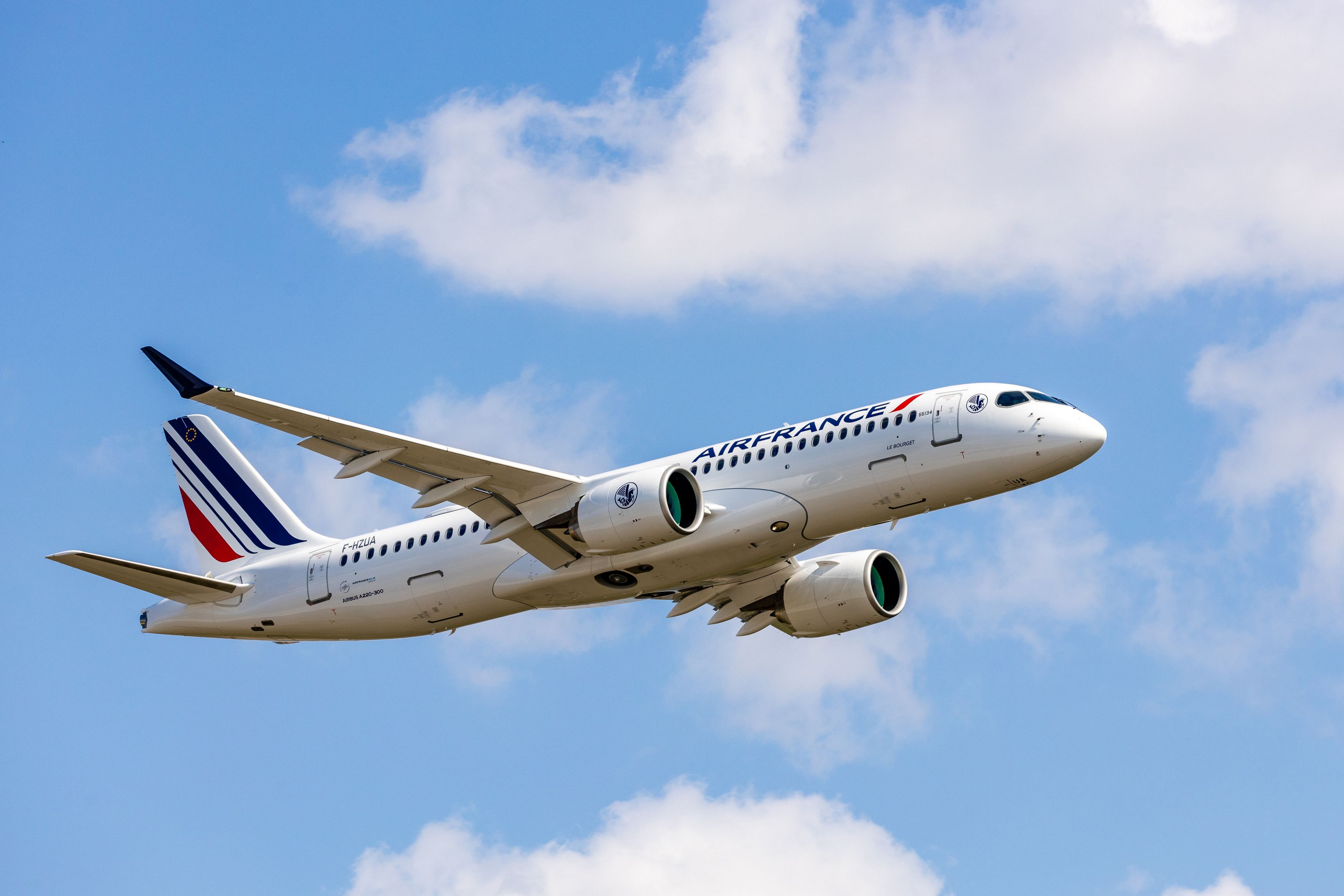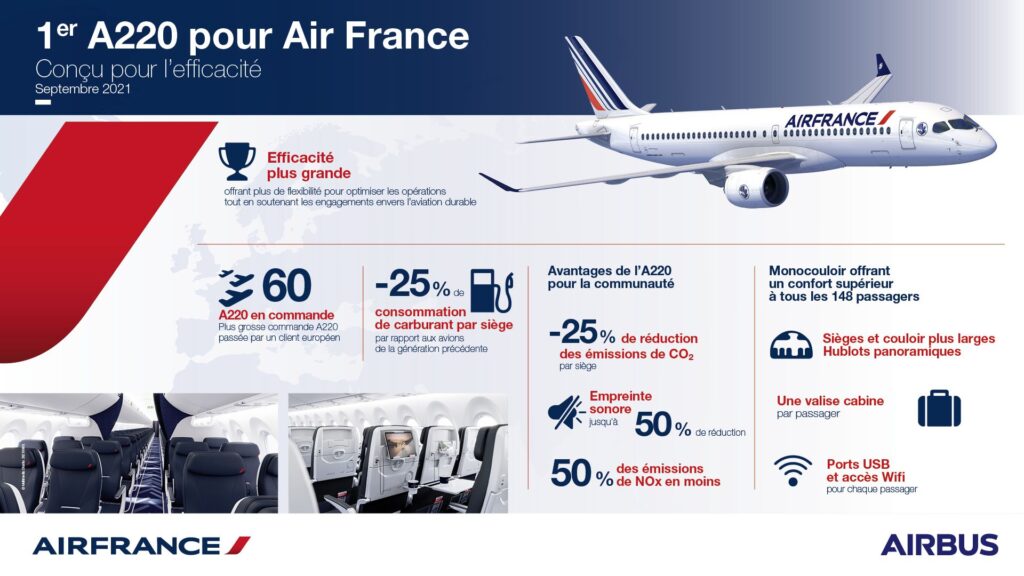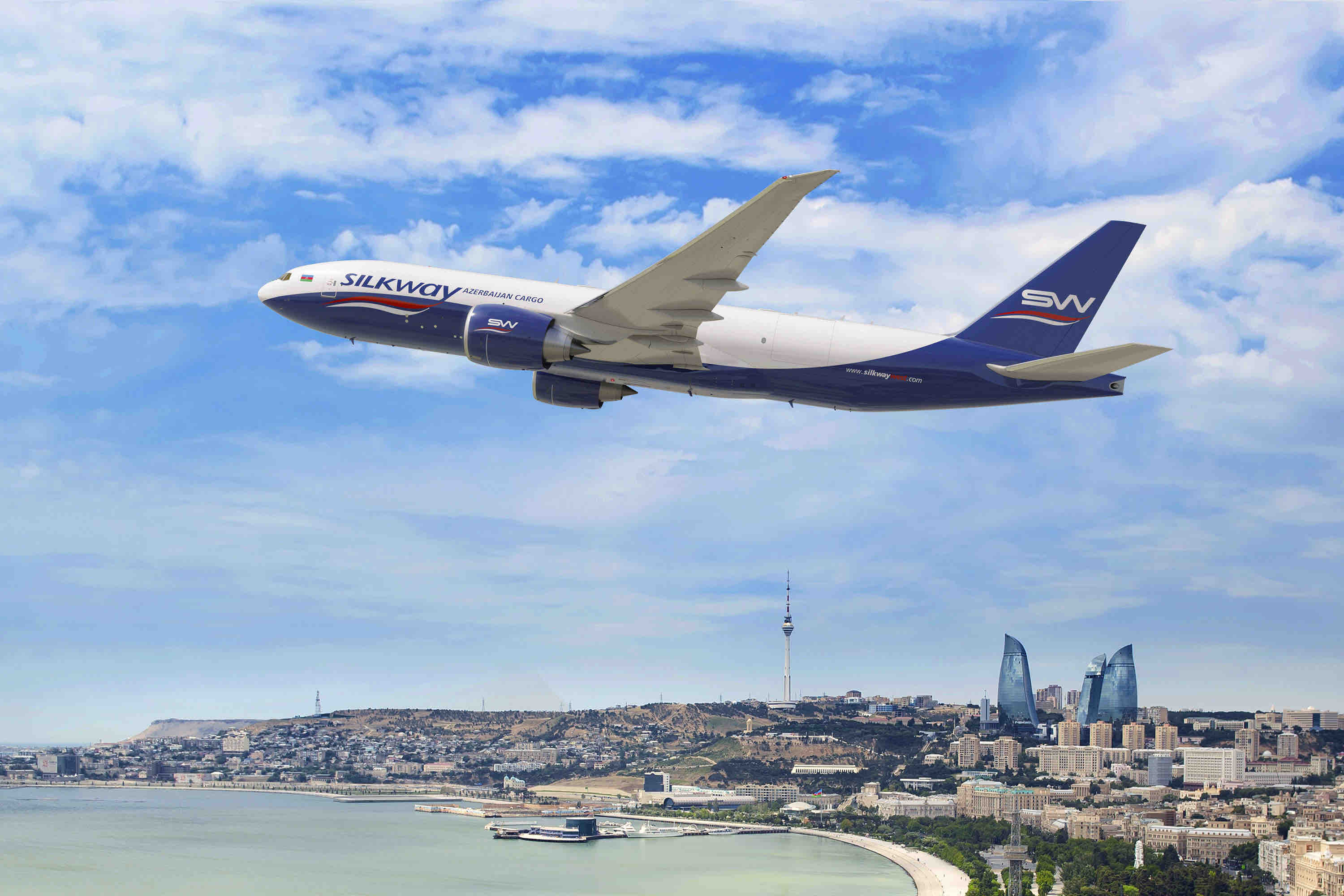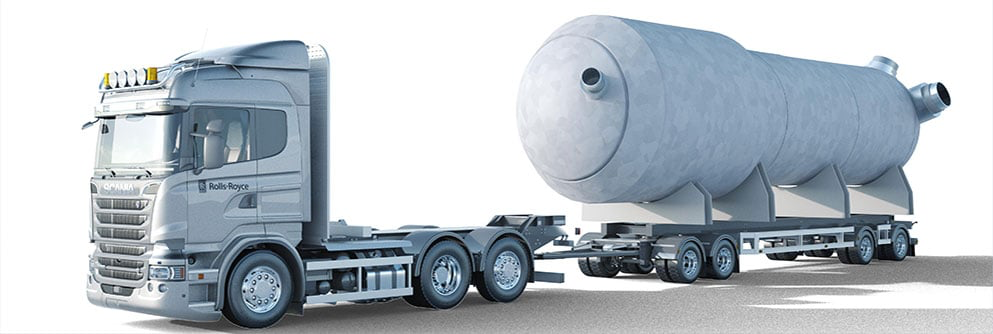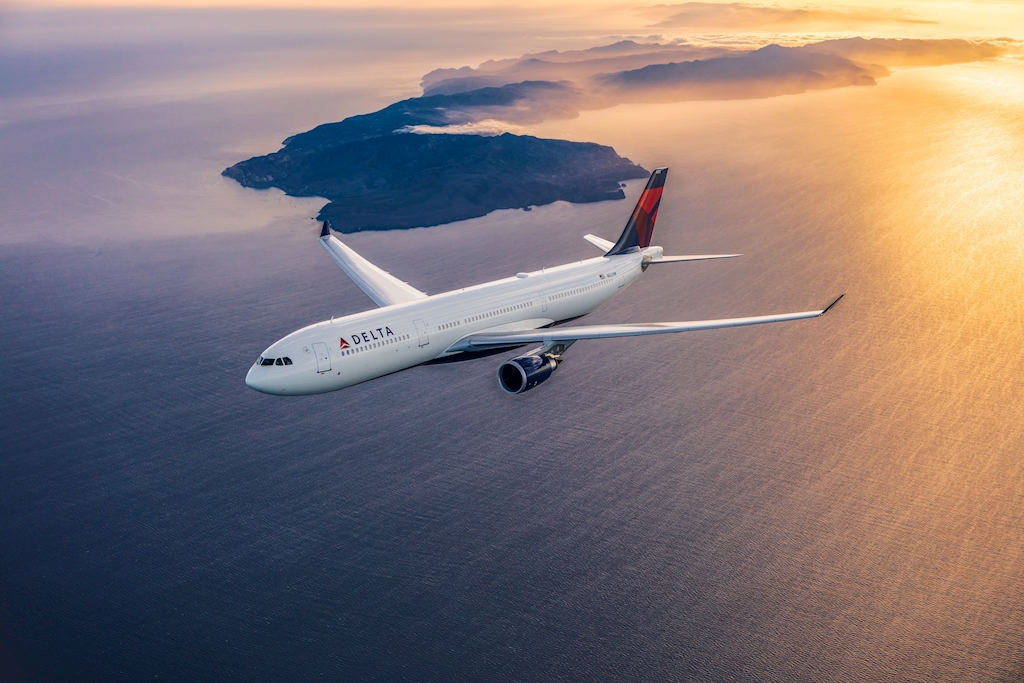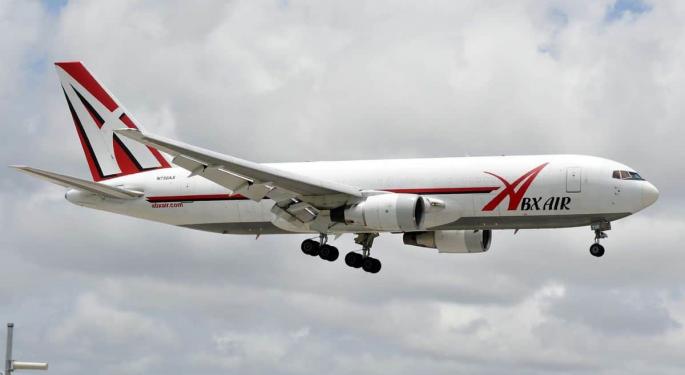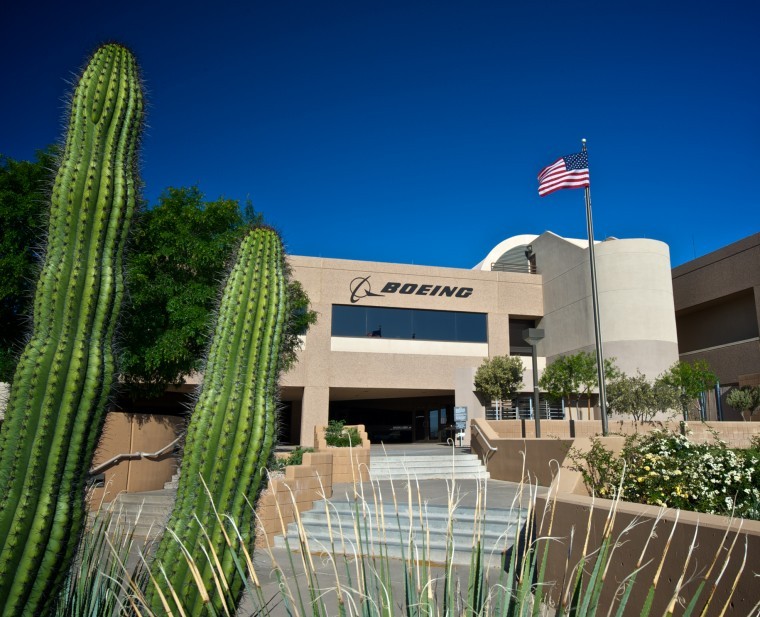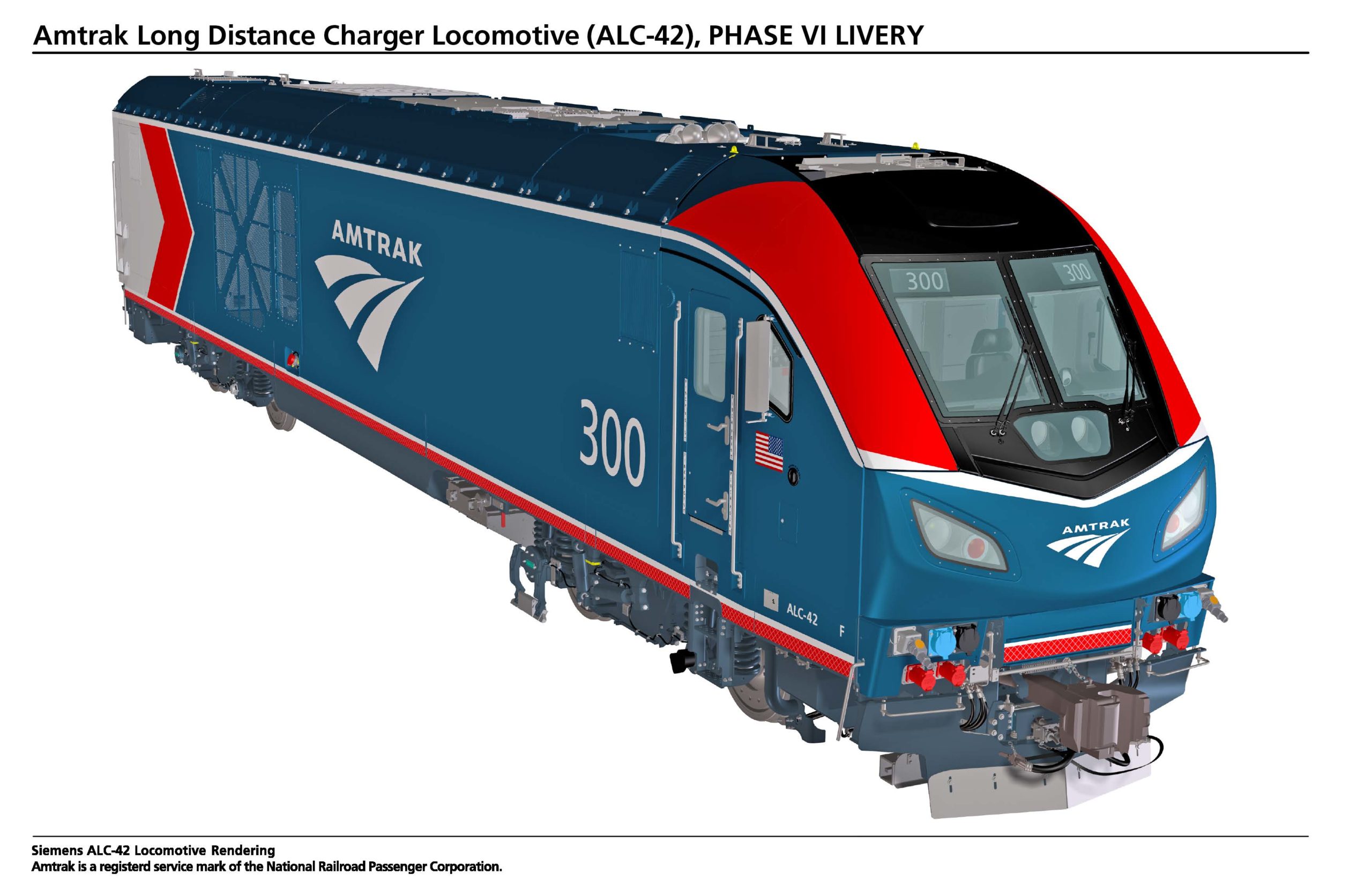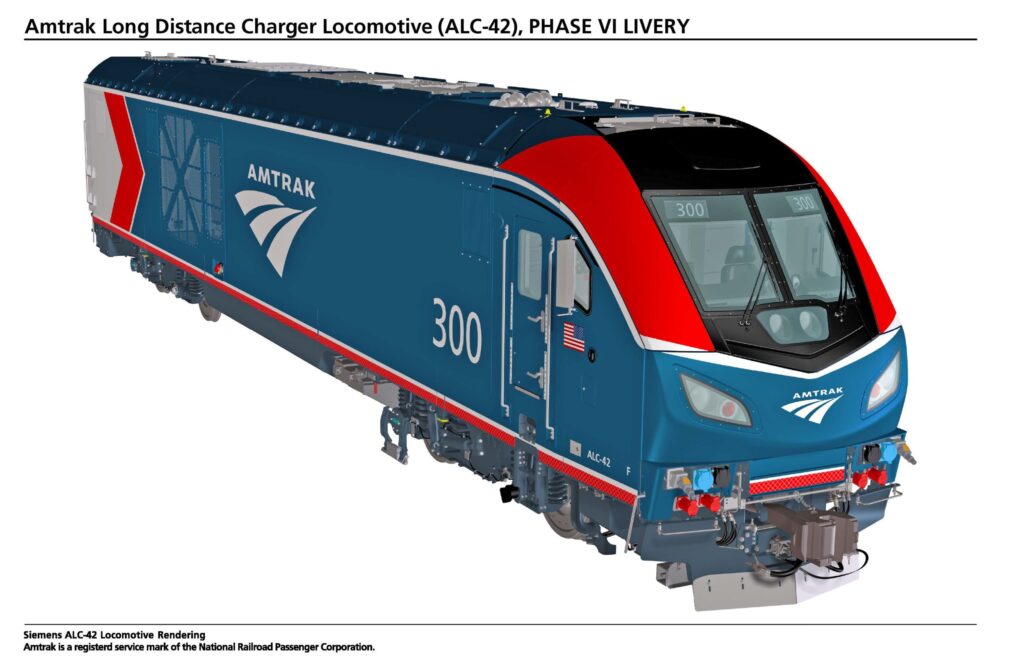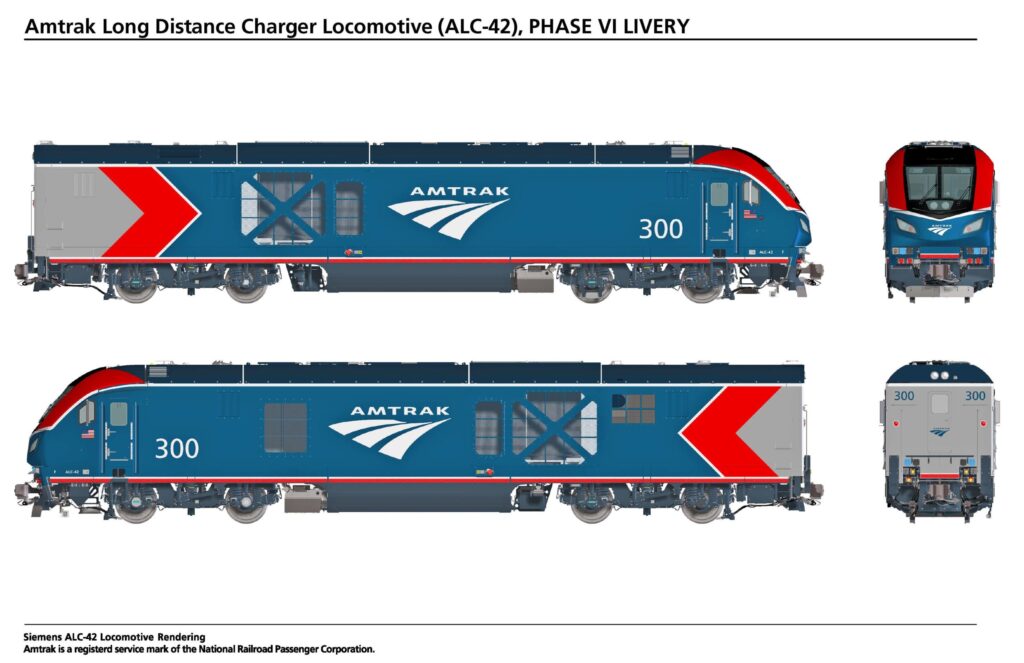BAKU, Azerbaijan, April 28, 2021 /PRNewswire/ – Boeing [NYSE: BA] and Silk Way West Airlines today announced the private cargo operator will expand its international network with an order for five 777 Freighters. The deal marks the first purchase of the long-range, high capacity twin-engine freighter in the Caspian region and Central Asia. The airplanes will enable the airline to increase its capacity to meet growing cargo demand around the globe.
Silk Way West Airlines and Boeing leaders announced the agreement during a signing ceremony in Baku that included Akhundov; Rashad Nabiyev, Minister of Transport, Communications and High Technologies of Azerbaijan; and Earle D. Litzenberger, U.S. ambassador to Azerbaijan, as well as Stan Deal, president and CEO of Boeing Commercial Airplanes.
The 777 Freighter is the world’s largest, longest range and most capable twin-engine freighter. The airplane’s better fuel efficiency and ability to reduce CO2 emissions by 17% compared to legacy airplanes will contribute to the carrier’s sustainability goals. With a range of 9,200 kilometers, the 777 Freighter can carry a maximum payload of 102,000 kilograms, allowing Silk Way West Airlines to make fewer stops and reduce landing fees on long-haul routes.
Designed to integrate smoothly with existing cargo operations, the 777 Freighter will provide Silk Way West Airlines operational flexibility with five 747-8 Freighters and seven 747-400 Freighters the carrier currently operates. The 747 and 777 freighters are capable of carrying tall and outsized cargo loads on 3-meter-tall pallets. This common main-deck pallet height capability enables interchangeable pallets. Additionally, the 777 Freighter main deck side cargo door is 3.72 meters wide, giving the freighter outsized carriage capability beyond tall payloads.
The 777 Freighter is Boeing’s top-selling freighter of all time. Customers from around the world have ordered 247 777 Freighters since the program began in 2005. The market leader in air cargo aircraft, Boeing provides more than 90% of the worldwide dedicated freighter capacity, including new production and converted aircraft.
Boeing is the world’s largest aerospace company and leading provider of commercial airplanes, defense, space and security systems, and global services. As a top U.S. exporter, the company supports commercial and government customers in more than 150 countries and leverages the talents of a global supplier base. Building on a legacy of aerospace leadership, Boeing continues to lead in technology and innovation, deliver for its customers and invest in its people and future growth.
Founded in 2012 in Baku, Silk Way West Airlines is the largest cargo airline in the Caspian Sea region with an annual cargo turnover of 350,000 tons. Based at Heydar Aliyev International Airport in Baku, the airline operates approximately 350 monthly scheduled flights to 40 destinations around the world.
